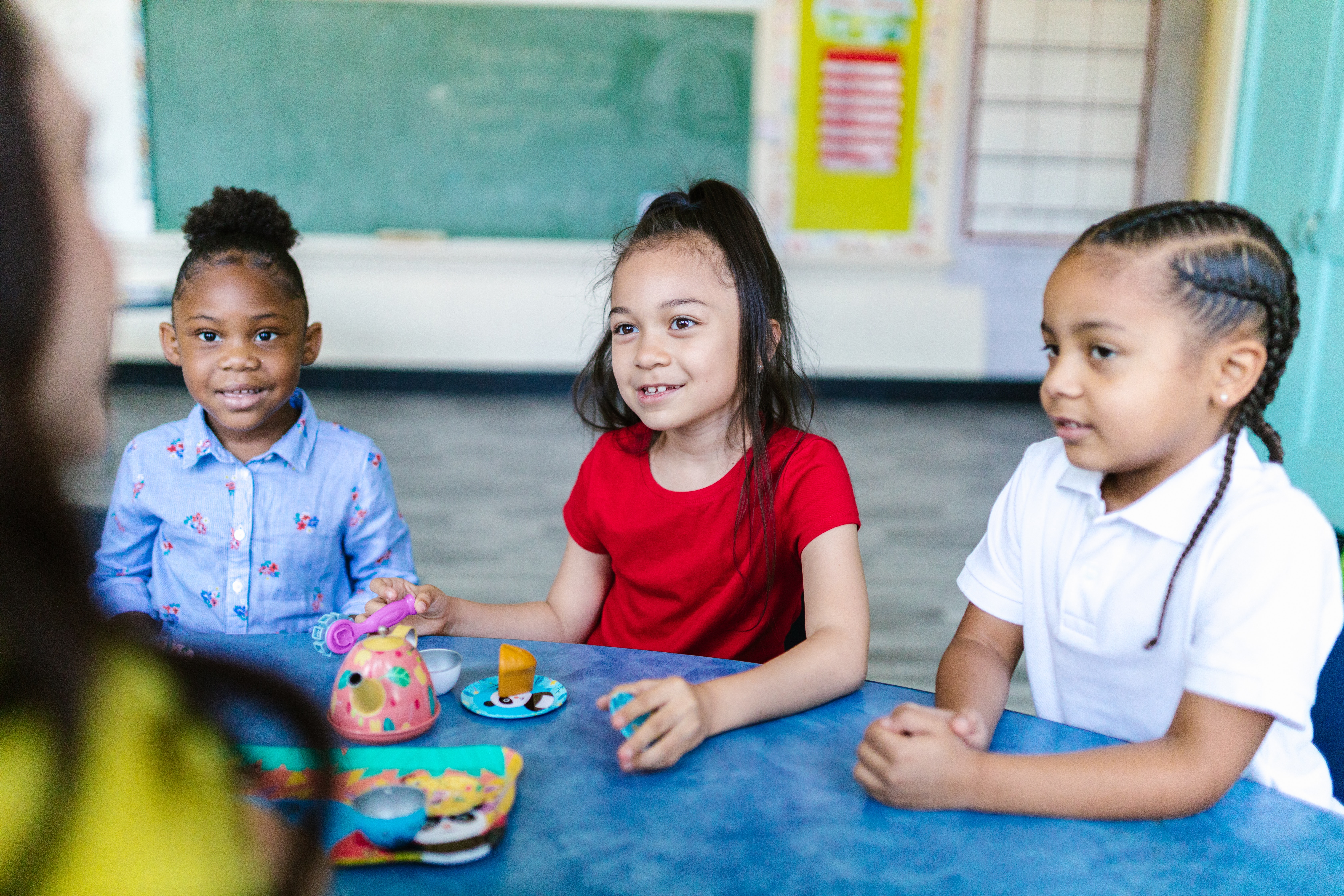Abstract
The schooling experience of Black girls in private schools is complex and nuanced. To explain this unique experience, a composite narrative was written by the first researcher based on the lived experiences of 12 Black female graduates of private schools. The composite narrative design entailed conducting semi-structured interviews. The criterion-based sample gathered using the snowball method included 12 participants who identified as Black female graduates of prekindergarten through grade 12 education (P-12) private schools in the United States. The literature suggests that Black female students need specific support in the school community, a critically conscious school culture, a strong school–home connection, a diverse faculty, and a culturally responsive curriculum that reinforces their identity to ensure a positive learning experience. Through exploration of the racialized schooling experience Black female students have in the classroom, the first author identified what racial cognitive dissonance, resilience, and resistance look like in these students. In consideration of participants’ academic experiences, the researcher explored what role a sense of belonging, support systems, and institutional connections had in their schooling experience. Private schools can use these findings as guidance not only to recruit students, but also to determine what they need to do to retain students and ensure their alumni return as future parents or donors. Finally, private schools that work to create a critically conscious school culture can craft positive learning experiences that produce confident students who feel seen in their school community.
Authors retain copyright control of articles published in the journal. Reprints cannot be granted for articles in new issues. Except in these cases, those who wish to reprint articles, large excerpts, figures, graphs, tables, or images should contact authors directly. When referencing any published articles from this online journal, JAAWGE is to be credited as the publication outlet. We suggest including the URL link to JAAWGE. Permission to copy an article is provided to all subscribers, but cannot be sold, except by its author(s). Authors are free to disseminate and post their articles.

